5 Paw-Fect Reasons to Use Pea Stone for Dogs in Your Pet-Integrated Outdoor Space
If you’re a proud dog parent with an outdoor space, you’ve probably thought about how to make your backyard not just pup-friendly, but truly paw-some. Enter pea stone for dogs — the tiny landscaping rock that’s making big waves in pet-integrated spaces. From drainage to design, pea stone offers more than meets the eye (or paw). In this article, we’ll explore everything you need to know about incorporating pea stone into your dog-friendly landscape.
Table of Contents
- What Exactly Is Pea Stone?
- Why Use Pea Stone for Dogs?
- How to Use Pea Stone in Dog-Friendly Landscaping
- Pros and Cons of Using Pea Stone for Dogs
- Buying Guide: Choosing the Best Pea Stone for Your Pup
- Conclusion
What Exactly Is Pea Stone?
Pea stone is exactly what it sounds like — small, smooth stones that are roughly the size of peas. Typically ranging from 3/8” to 1/2” in diameter, these stones come in a variety of natural colors like beige, gray, tan, and white. Their rounded edges give them a soft appearance and feel compared to sharper gravel options.
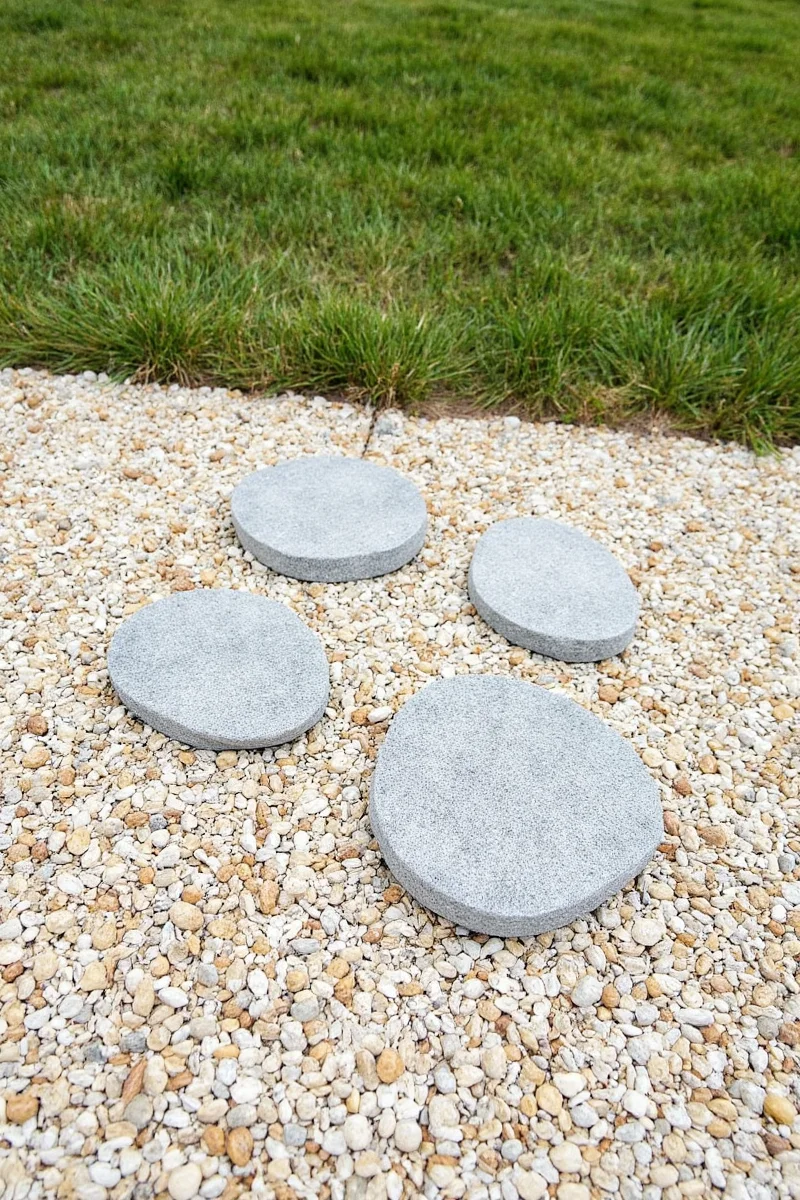
In landscaping, pea stone is often used for decorative mulch alternatives, pathways, around plants, or even as part of drainage systems. For dog owners, however, its unique properties make it especially appealing in areas where pets play and potty.
Why Use Pea Stone for Dogs?
You might be wondering, “Why not just use regular mulch or sand?” Fair question! But here's why pea stone is rising in popularity among pet-integrated spaces:
- Dog-Safe Surface: No sharp edges mean fewer chances of cuts on paws.
- Excellent Drainage: Urine soaks right through without leaving puddles or smells trapped.
- No Digging Zones: The loose yet heavy nature of pea stone discourages digging.
- Pet Hygiene Friendly: Easy to clean and less likely to harbor bacteria or parasites.
- Aesthetic Appeal: Looks polished while still being practical — perfect for modern outdoor living.
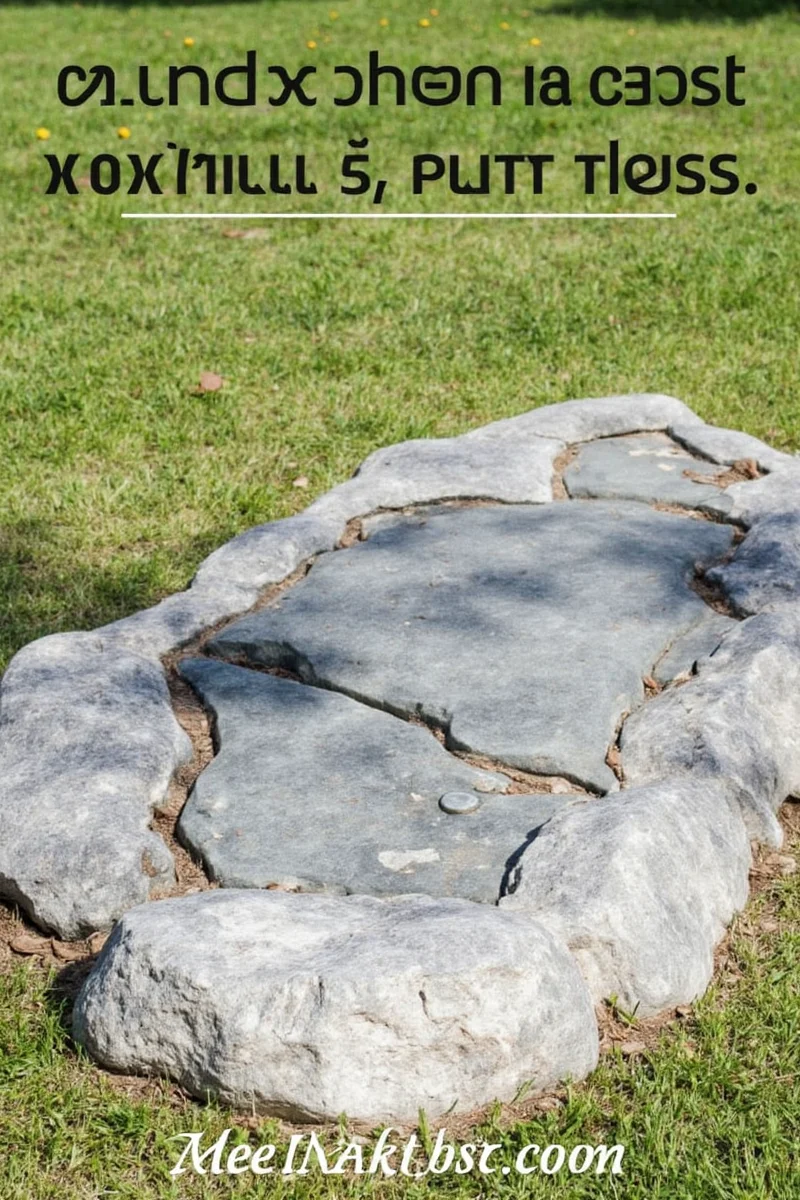
How to Use Pea Stone in Dog-Friendly Landscaping
Pea stone isn’t just a one-trick pony. Here are five creative ways to incorporate it into your pet-integrated space:
- Dog Run Flooring: Line a designated dog run area with a thick layer of pea stone to keep things dry and clean.
- Potty Zones: Create specific pee spots using pea stone — they drain well and mask odors better than grass.
- Pathways & Play Areas: Use pea stone for walkways and play zones where your dog runs often — less mud, less mess.
- Edging Flower Beds: Surround flower beds with pea stone to prevent your dog from digging up your favorite blooms.
- Drainage Layer in Raised Beds: If your dog likes lounging near raised garden beds, add pea stone underneath for moisture control.
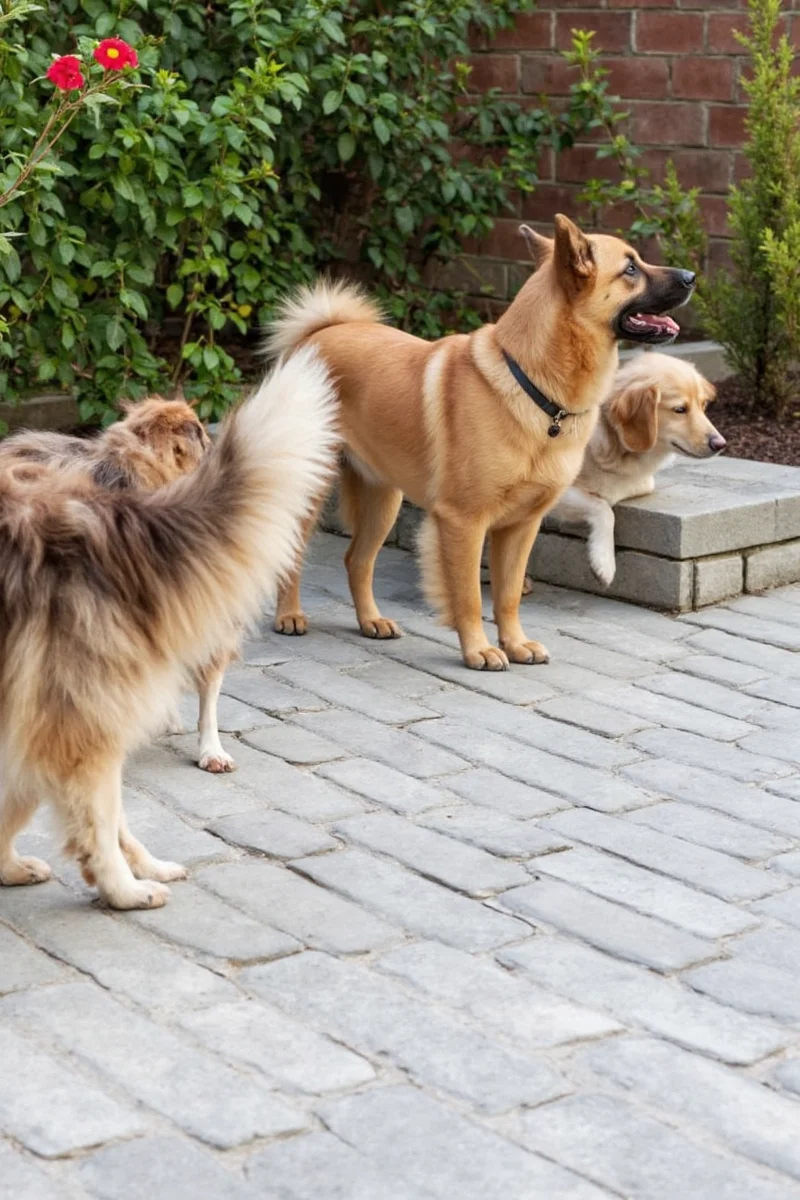
Pros and Cons of Using Pea Stone for Dogs
Like any material, pea stone comes with both advantages and some considerations. Here's a quick breakdown:
| Pros | Cons |
|---|---|
| Soft on paws | Might shift underfoot if not compacted |
| Odor-neutralizing due to drainage | May trap feces particles if not cleaned regularly |
| Low maintenance once installed | Not ideal for very large or active dogs who dig deeply |
| Looks elegant in modern designs | More expensive than standard mulch |
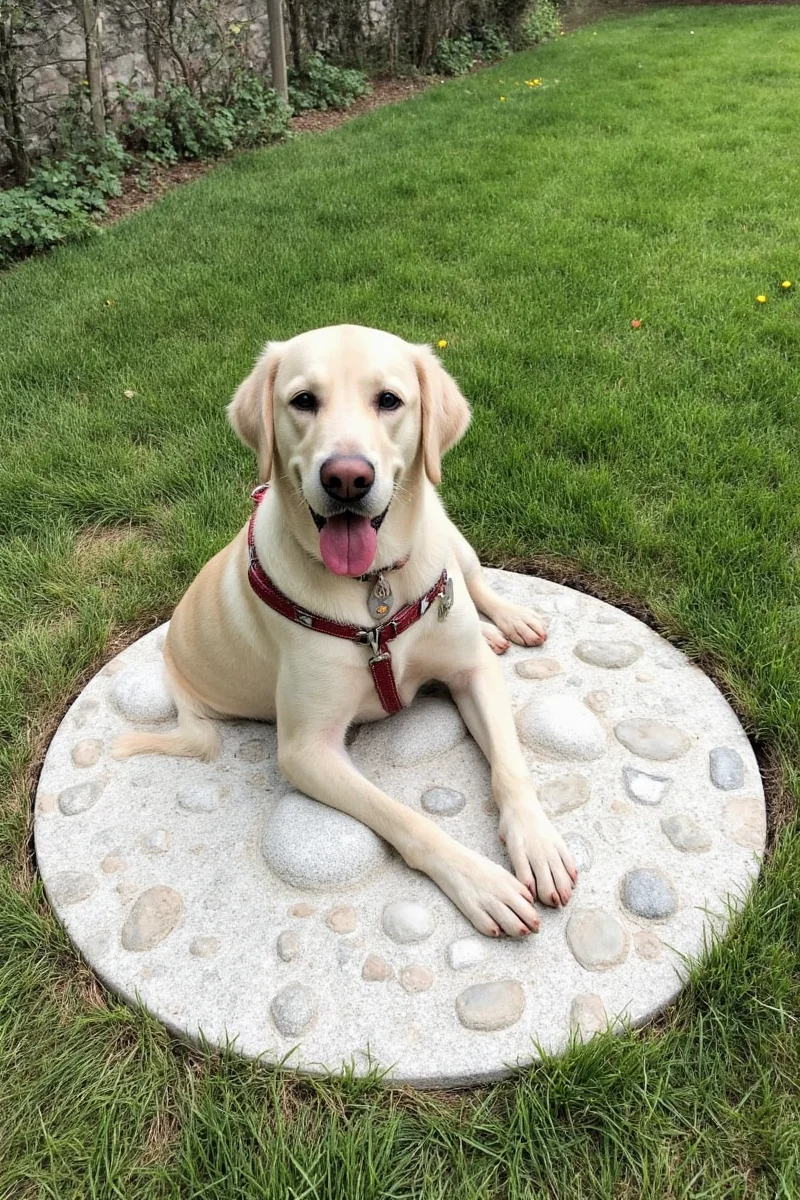
Buying Guide: Choosing the Best Pea Stone for Your Pup
Ready to go shopping? Not all pea stones are created equal. Here’s what to look for when picking the best pea stone for your dog-friendly zone:
1. Size Matters
- Ideal Size: 3/8” to 1/2” in diameter — big enough not to stick to paws, small enough to stay in place.
- Small breeds: Lean toward smaller stones for comfort.
- Large breeds: Medium-sized stones offer stability and durability.
2. Texture Check
- Look for naturally tumbled stones — smooth and gentle on sensitive pads.
- Avoid angular crushed rock, which can irritate or cut paws.
3. Color Considerations
- Lighter shades reflect heat better — ideal for warm climates.
- Dark stones absorb more heat — not recommended for summer-heavy regions.
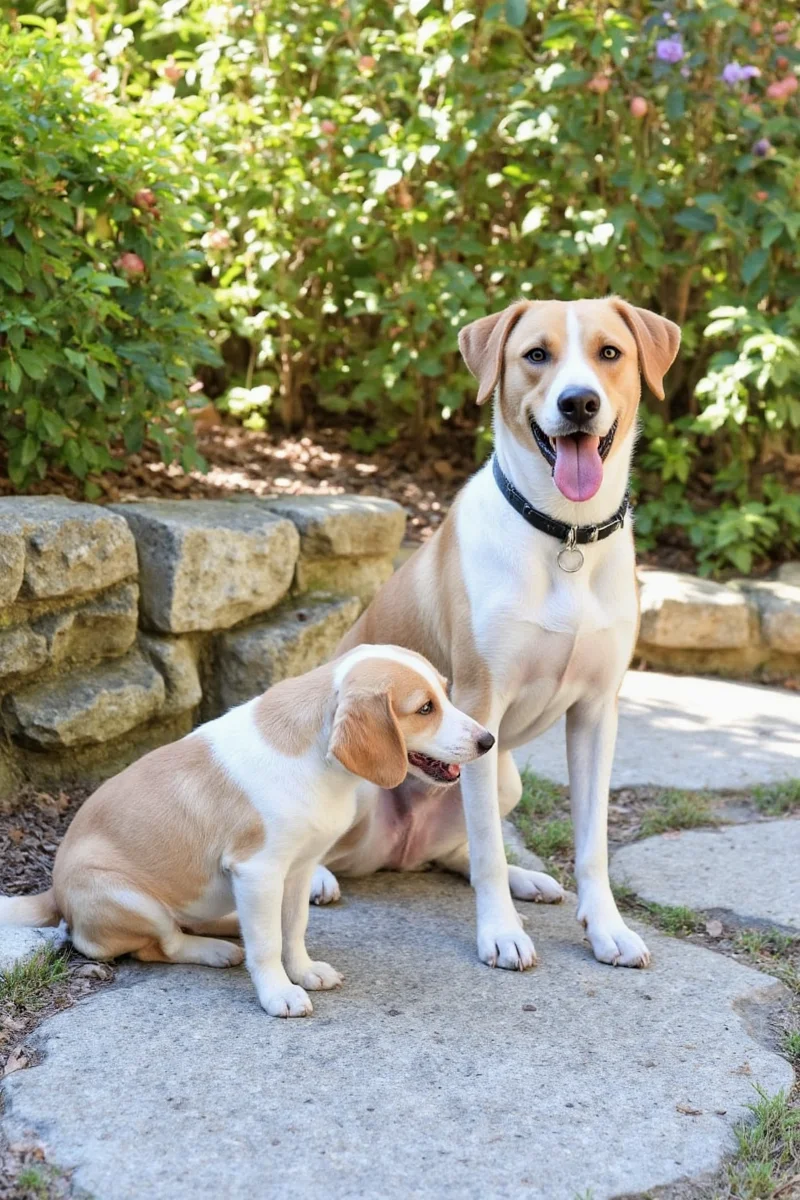
4. Quantity Needed
To calculate how much you’ll need:
- Measure the area (length x width)
- Decide depth (2–3 inches recommended for dog zones)
- Use a stone volume calculator (or ask at the store)
5. Recommended Brands
Here are a few top-rated pea stone products specifically suitable for dog-friendly spaces:
- Nature's Way Decorative Gravel - Tan Pea Stone
- Size: 3/8” – 1/2”
- Texture: Smooth, rounded
- Best For: small to medium dogs in mild climates
- Price Range: $0.80 – $1.20 per pound
- Allentons Natural White River Rock
- Size: 1/2” average
- Texture: Soft river-washed finish
- Best For: larger breeds and hot climates
- Price Range: $1.00 – $1.50 per pound
- EcoGrav Pet-Friendly Landscape Stone
- Size: 3/8” with slight variation
- Texture: Eco-blend with minimal dust
- Best For: allergy-prone dogs and eco-conscious owners
- Price Range: $1.20 – $1.70 per pound
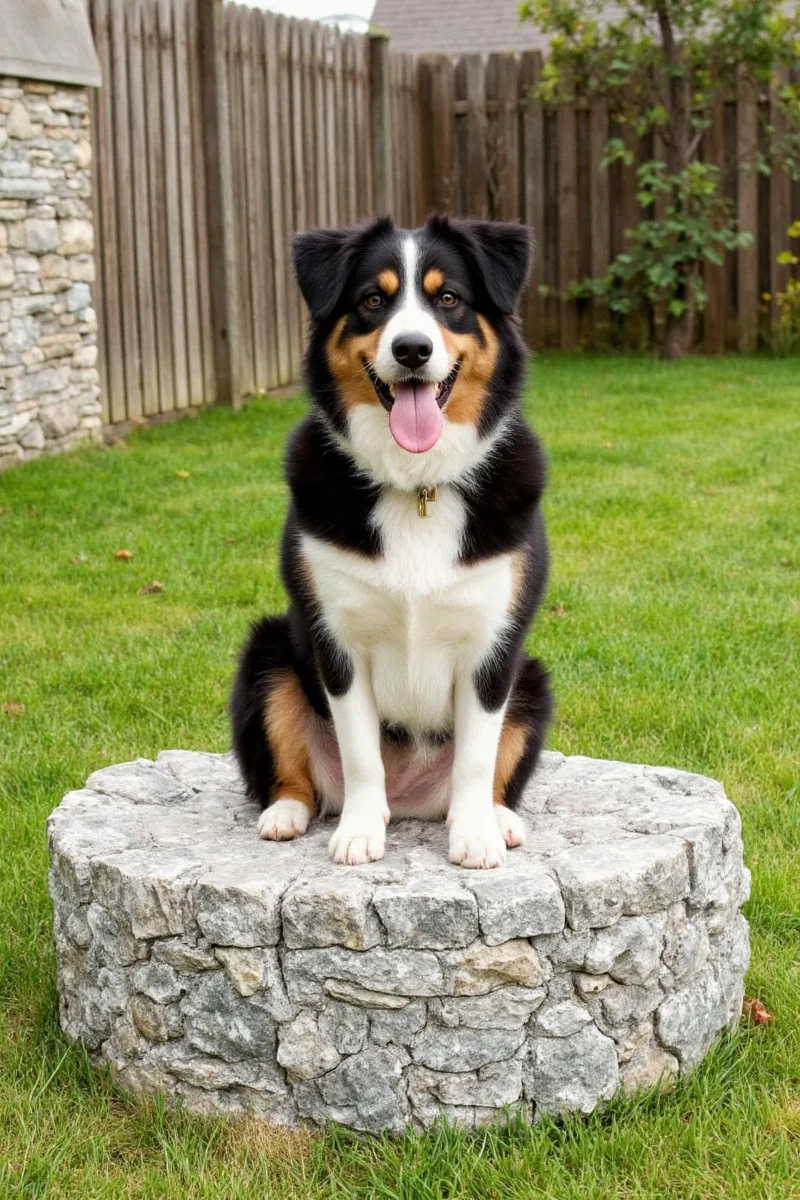
Conclusion
Creating a pet-integrated space doesn’t mean sacrificing style or safety — and with pea stone for dogs, you get the best of both worlds. Whether you're designing a dedicated potty area, a sleek walkway, or a cozy lounging corner, pea stone offers functionality with flair.
While it may cost a bit more upfront than traditional materials, its long-term benefits — including easy cleaning, odor control, and reduced digging behavior — make it a worthwhile investment for both pups and their people.
So next time you're planning your backyard upgrade, don’t overlook this tiny titan. Your dog will thank you — probably by flopping down happily on his brand-new pea stone patch!
Got questions or want to share your own pea stone success story? Leave a comment below!

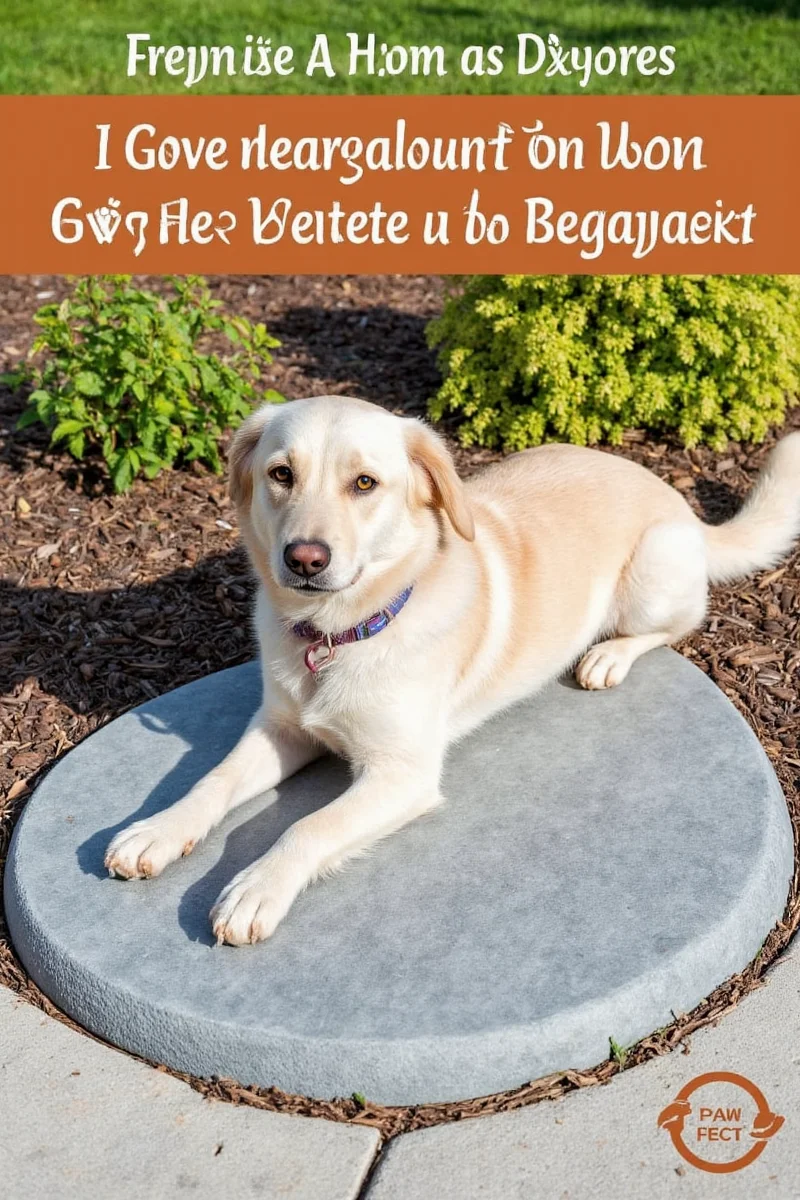









 浙公网安备
33010002000092号
浙公网安备
33010002000092号 浙B2-20120091-4
浙B2-20120091-4